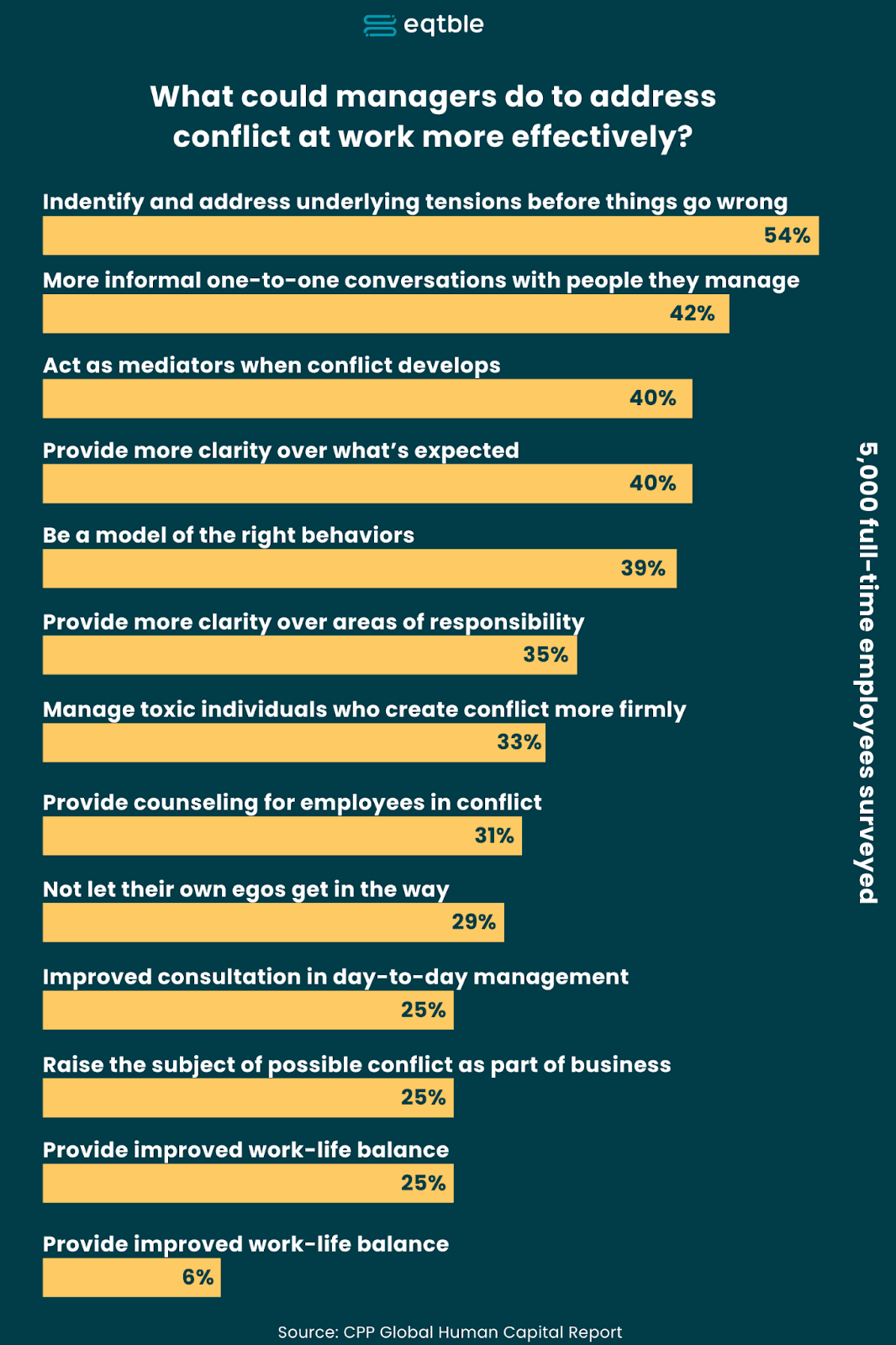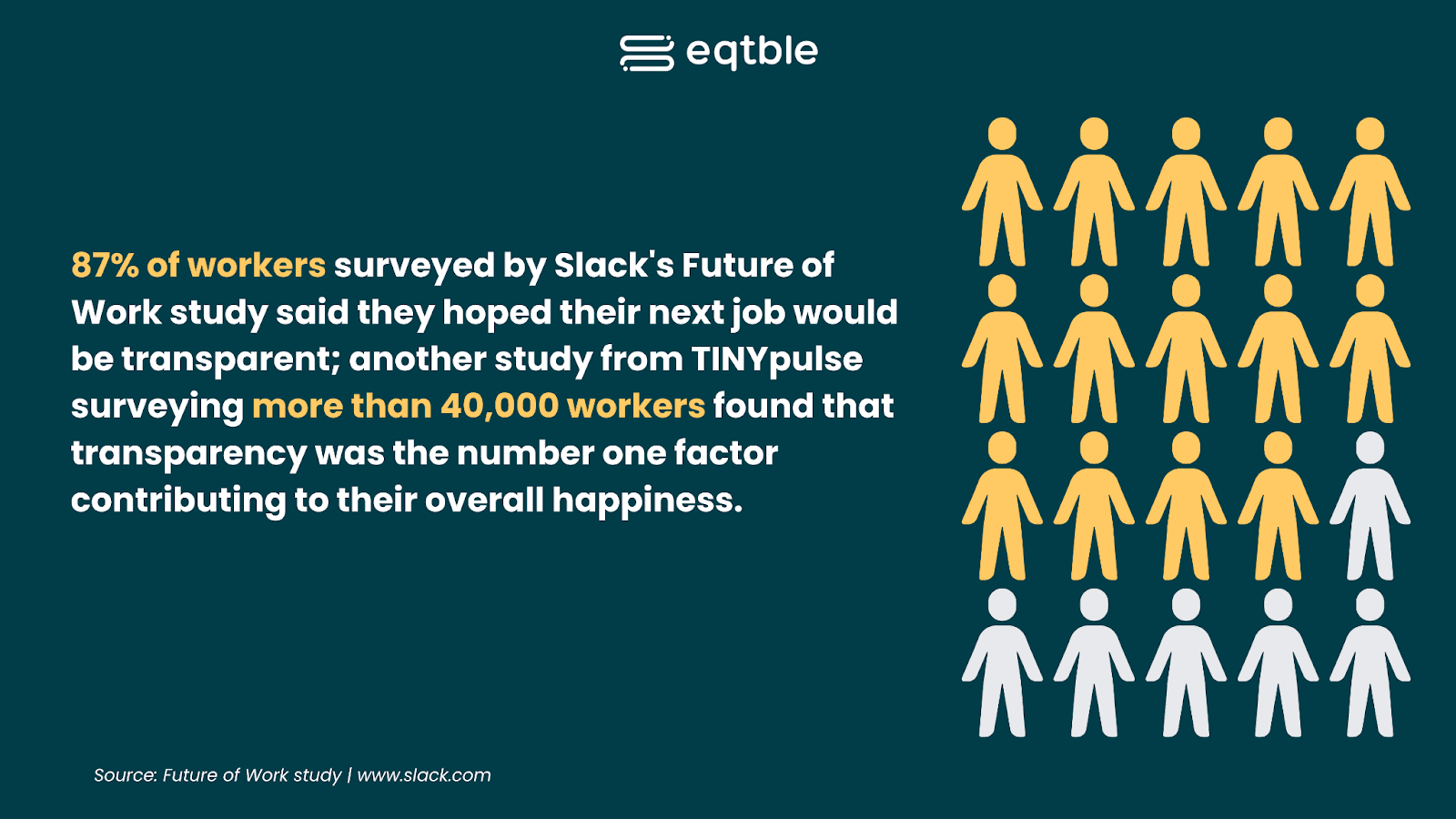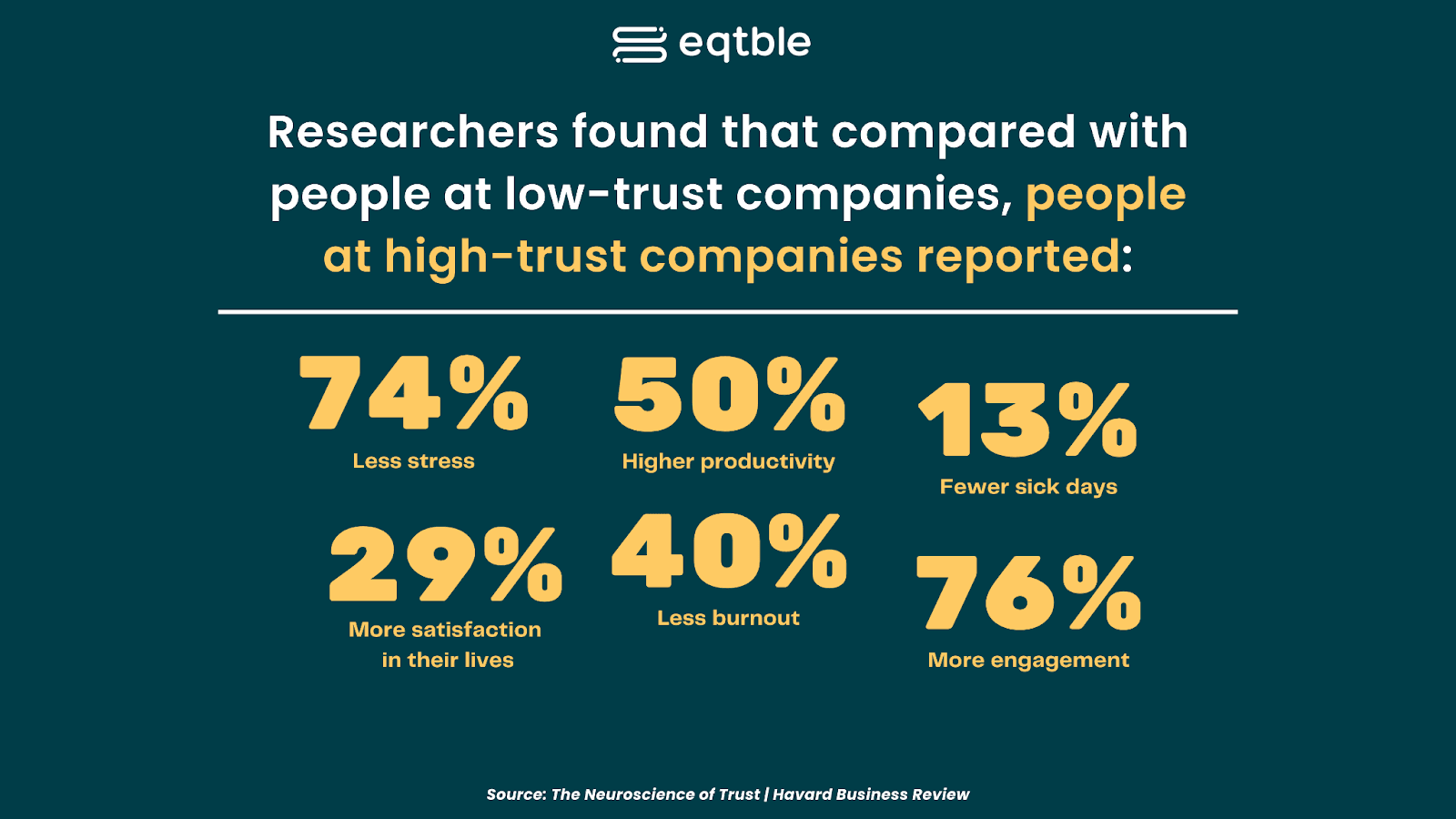Startups
July 18, 2022
The 5 Habits That Fuel Happier, More Productive Workplaces
The relationship between employee happiness and productivity is well-documented but not always well understood.
While it's easy to assume that happy employees are more productive, the truth is a little more complex. Being happy at work is a combination of satisfaction with your job and the ability to do good work. And while you might think that happy employees are always productive, many factors can affect an employee's productivity even if they're feeling great.
For example, most employees who are happy with their jobs are more likely to experience declines in productivity when they are given higher workloads than they can handle.
This suggests that even though being happy helps them perform better at their job, it doesn't necessarily help them get more done.
Managers should be aware of this when increasing an employee's workload or adding new responsibilities to a job description.
There's no doubt that the workplace is changing.
In fact, it's evolving at a breakneck pace. And as it does, it's becoming more important than ever before to create a culture of positivity and productivity.
Here are five habits that will help you create happier and more productive workplaces:
1. Give people the autonomy to do their best work
People perform better when they're trusted and given responsibility for their own success.
When you give employees autonomy, they develop a sense of ownership over their work, making them feel more vested in the company's success. They'll be more motivated because they feel they have some control over their personal outcomes, leading to better performance overall.
If you've got an employee who's not performing well, consider giving them more control over how they do their job so that it aligns with their values and interests—and see how much better things go from there!
Read: How to keep your top performers from quitting.

Source: HR Analytics: Autonomy data infographic & fact sheet
2. Get those difficult conversations out of the way
I've seen managers avoid having difficult conversations with their direct reports because they're afraid of hurting their feelings. This makes the situation worse. By not addressing an issue head-on, it can fester until it poisons the relationship. If you notice something that needs correcting, talk about it right away so that neither of you has to suffer.

Source: Workplace conflict and how businesses can harness it to thrive
3. Be transparent and open about company operations
Employees want to know how decisions are made, who makes them and why they're made.
Creating an environment where people understand why things happen is essential for building trust between management and staff.
When employees have access to information about what's happening in the company, they're more likely to feel like they're part of something bigger than themselves.

Source: Slack — Trust, tools and teamwork: what workers want
4. Adopt a culture of trust
A culture of trust is one where employees feel comfortable taking risks, proposing ideas, and speaking their minds without fear of retribution or reprisal.
It's when they know that the environment they work in is one where they will be heard and respected. And it's not just good for the employee; it's also good for the business! A team that works together without fear is an efficient team that can achieve more than one that doesn't.
A workplace where employees are afraid to speak up means there are probably a lot of problems going unnoticed or unaddressed until it's too late.
A workplace where employees don't feel safe sharing their ideas means there are probably a lot of good ideas going unrealized. And a workplace where workers don't feel comfortable taking risks means there aren't as many chances for innovation and improvement—and therefore potential growth—from within.
The good news is: creating a culture of trust doesn't just happen overnight; it takes time and effort on both sides. But if you're willing to put in the work, then you'll see results quickly enough!

Source: The Neuroscience of Trust by Paul J. Za
5. Encourage your employees to take risks
If you want people to do great work, they need to feel comfortable taking risks.
You don't want an environment where employees do only what's expected of them. You want them to bring their best selves to work every day.
If your company wants to be successful, it needs to innovate and grow.
This means your employees need to be as creative and innovative as possible. When they are encouraged to take risks, they will engage with their work in a way that helps them feel more invested in their jobs and more motivated by their goals.
This is not only about making sure that everyone is happy but also about ensuring that your business is thriving. And that means finding ways for people with different perspectives on the world around them to challenge each other's ideas and collaborate on projects that could benefit everyone involved.

Bottom line
This is by no means an exhaustive list, but hopefully, the five habits listed above will provide enough fuel for you to create a more efficient, happier, and productive workplace for your employees.
It can also have a positive impact on your company's bottom line.
Better employee satisfaction leads to better productivity and more efficient work relationships, leading to better business outcomes.







